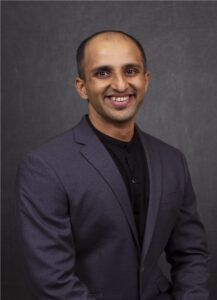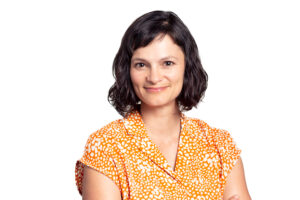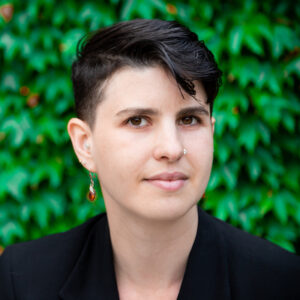CRISPR Screening and Analysis
Wellcome Connecting Science presents this new two-part course offering applicants the opportunity to get hands-on with the latest CRISPR-cas technologies, at our CRISPR Screening and Analysis training course. Participants will gain skills and experience with large-scale pooled and arrayed screening, delivered by a training team of established and emerging scientists.
The virtual training will take place through July 28 to August 1, 2025, and will provide participants with an introduction to the CRISPR- Cas Toolkit, and tutorials and talks focused on resources, tools, and techniques for CRISPR screening. It will be followed up by our in-person course (September 21-26) which will focus more on the what, how, and why of CRISPR screening with intensive laboratory and computational sessions. The course will explore the application of CRISPR screens in the therapeutic areas of oncology, neurodegeneration, and immunology.
Applications close June 3, 2025.


